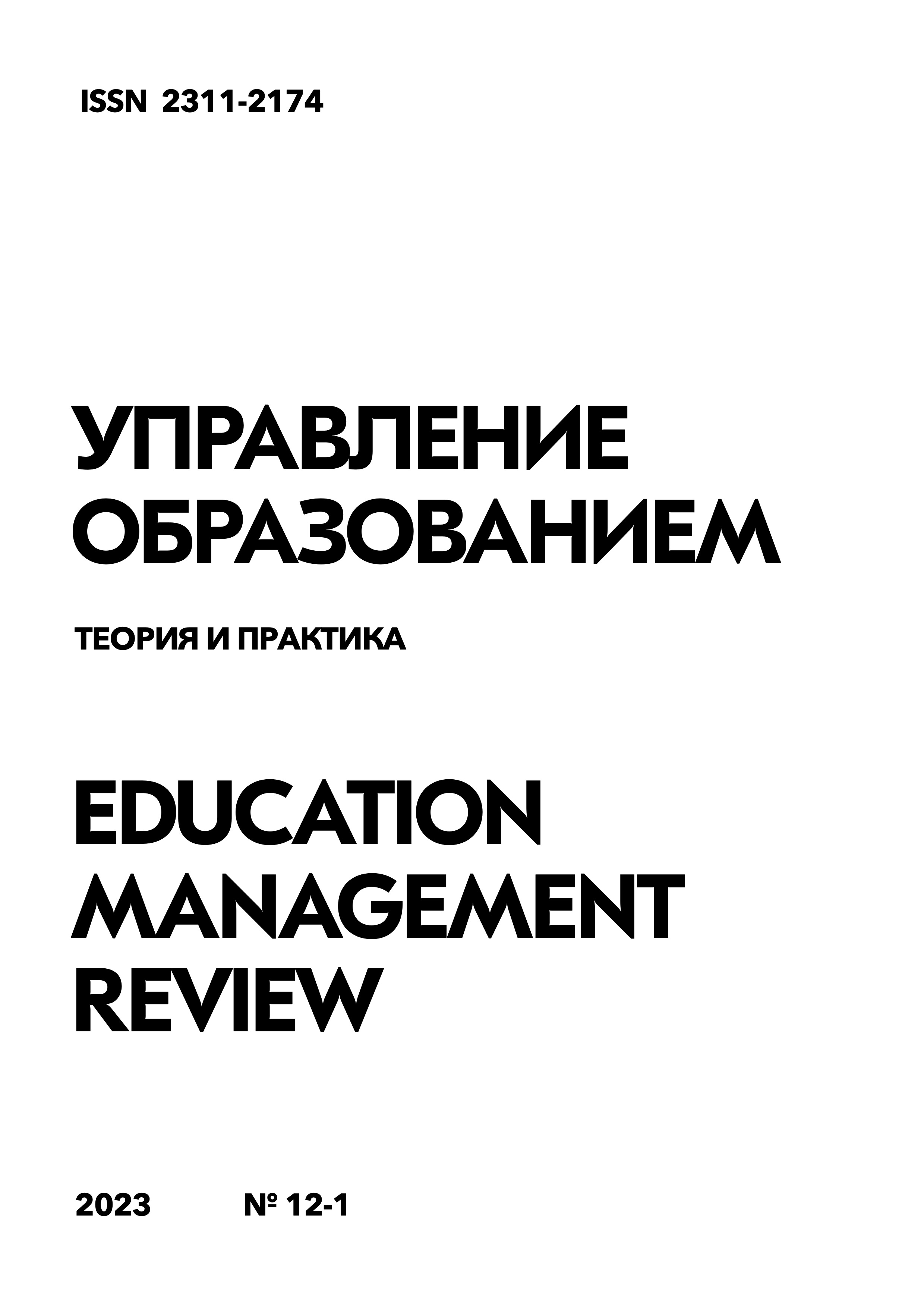Teaching Russian as a foreign language in the Islamic Republic of Pakistan: general and specific aspects of methodology
DOI:
https://doi.org/10.25726/r0301-7930-2940-kKeywords:
Pakistan, Urdu, Russian as a foreign language, continuity, educationAbstract
This article represents the experience of analyzing errors in teaching Russian as a foreign language in the Islamic Republic of Pakistan. The author makes an attempt to create both a general portrait of the basic areas of work with students from Pakistan, and to discuss specific aspects of the methodology of teaching Russian as a foreign language. The author comes to the significant conclusion that in the process of teaching Russian as a foreign language in communication with students from Pakistan, it is necessary to take into account the high patriotic spirit in terms of content, which can serve as the basis for practicing standard sentences and conversational topics. Pakistanis are always happy to construct sentences that illustrate their ardent love for their country, the important features of the national cuisine, and the global kinship of Muslims. Modern Pakistan is a linguistically diverse country with a significant number of languages spoken in different regions. The exact number of languages in Pakistan may vary depending on how you classify them, but it is estimated that more than 70 languages are spoken in the country. These languages belong to various language families including Indo-Aryan, Iranian, Dravidian and others.
References
Завьялова Н.А. Культурные коммуникативные универсалии как современный этап развития культуры // Знание. Понимание. Умение. 2015. № 1. С. 77-88. DOI 10.17805/zpu.2015.1.7. EDN TRKXJV.
Завьялова Н.А., Цюйань Ю., Ян Ц. Общество потребления в социокультурном аспекте // Кузнечно-штамповочное производство. Обработка материалов давлением. 2023. № 1. С. 82-87. EDN OBQZNB.
Завьялова Н.А. Культурно-коммуникативные формулы как отражение цивилизационных картин мира: специальность 24.00.01. "Теория и история культуры": диссертация на соискание ученой степени доктора культурологии. 2019. 61 с. EDN TUNJYR.
Завьялова Н.А. Антропонимические герои в современном пространстве коммуникации // Знание. Понимание. Умение. 2023. № 2. С. 157-174. DOI 10.17805/zpu.2023.2.12. EDN NXUXHW.
Ильинский И.М. Тайны «перестройки» // Знание. Понимание. Умение. 2023. № 2. С. 5-23. DOI 10.17805/zpu.2023.2.1. EDN LZWDKI.
Китайский информационный портал Baike.Baidu URL: https://baike.baidu.com/item/易经/153636?fr=aladdin
Костина А.В. Массовая культура: аспекты понимания // Знание. Понимание. Умение. 2006. № 1. С. 28-35. EDN JSHSXT.
Спешнев Н.А. Китайцы. Особенности национальной психологии. М.: Каро, 2017. 336 с.
Хейзинга Й. Homo ludens. М.: Прогресс, 1992. 440 с.
Чудинов А.П., Сегал Н.А. Метафорический образ жандарма как зеркало социополитических изменений (на материале медиатекстов) // Политическая лингвистика. 2023. № 3(99). С. 23-30. EDN NMMBJK.




